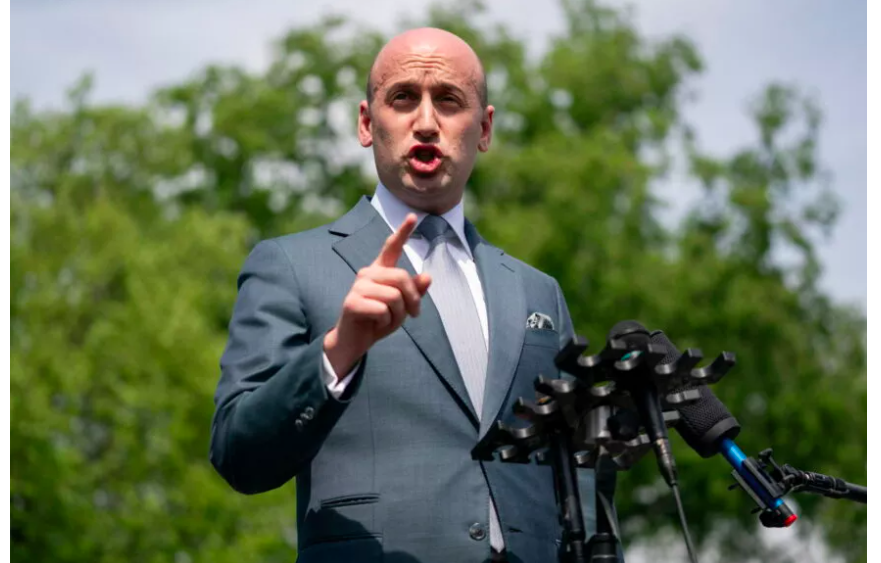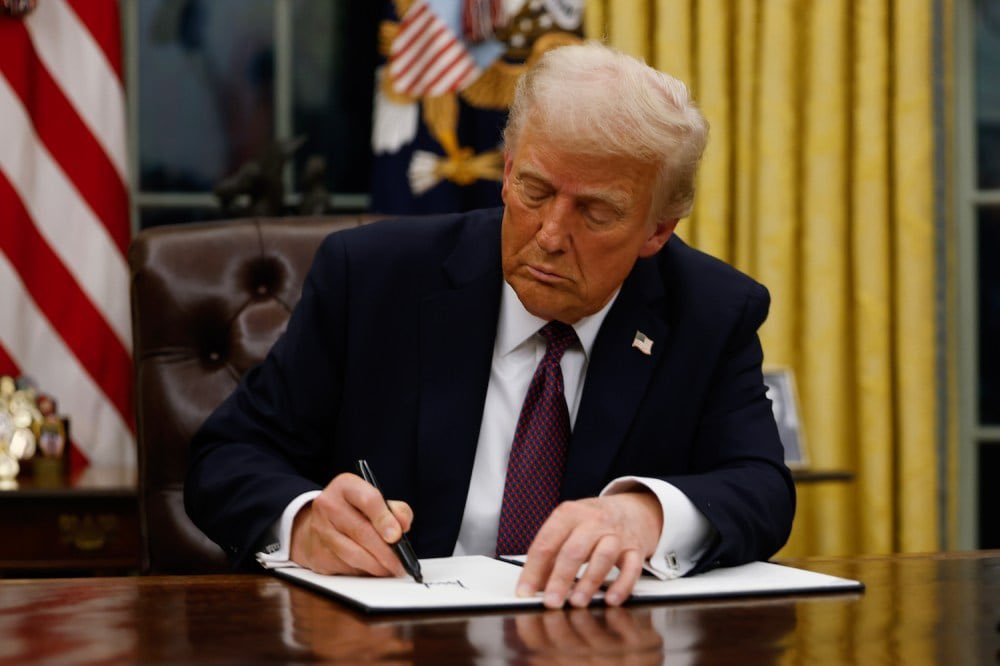Trump Aide Fumes Over Slow Deportations
In a recent high-level meeting, White House Deputy Chief of Staff Stephen Miller expressed deep frustration with Immigration and Customs Enforcement (ICE) officials over the pace of deportations, signaling the administration’s intensified focus on immigration enforcement.
Sources familiar with the May 21 meeting at ICE headquarters in Washington, D.C., reported that Miller criticized senior ICE leaders for not meeting the administration’s deportation goals. He emphasized the need to increase daily arrests to 3,000, a significant jump from the current average of approximately 1,800.
Our Memorial Day Sale is STILL ON! Get 25% Off Sitewide with Discount Code: MEMORIAL25.
Includes FREE Shipping in the USA. https://GetZStack.Com
Miller’s pointed remarks underscored the administration’s commitment to fulfilling President Trump’s campaign promise of mass deportations. He questioned ICE’s strategies, urging officials to broaden their enforcement efforts beyond targeting only criminal illegal immigrants. “Why aren’t you at Home Depot? Why aren’t you at 7-Eleven?” Miller reportedly asked, suggesting that more proactive measures are necessary.
Homeland Security Secretary Kristi Noem, who also attended the meeting, adopted a more measured tone but reinforced the message that ICE must intensify its operations. She encouraged feedback from agency leaders while emphasizing the importance of meeting the administration’s objectives.
In response to the administration’s directives, ICE announced a “leadership realignment” aimed at enhancing operational efficiency. This restructuring included the retirement of Kenneth Genalo, head of ICE’s Enforcement and Removal Operations, and the reassignment of several other senior officials. The agency stated that these changes are intended to support the goal of increasing daily arrests.
Despite these efforts, data indicates that deportation rates under the current administration have not significantly surpassed those of the previous administration. Analyses show that while interior removals have increased, overall deportation numbers remain comparable to those during President Biden’s tenure.
To address this, the administration has implemented additional measures, including the establishment of an “Office of Remigration” within the State Department. This office aims to repurpose existing resources to facilitate the voluntary return of immigrants and support deportation initiatives.
Furthermore, the administration has considered invoking the Alien Enemies Act to expedite deportations, particularly targeting individuals from countries associated with criminal organizations. This approach has faced legal challenges, with courts emphasizing the necessity of due process in deportation proceedings.
The push for increased deportations aligns with the administration’s broader immigration policy, which prioritizes strict enforcement and the removal of individuals who entered the country illegally. Supporters argue that these measures are essential for upholding the rule of law and protecting American communities.
Critics, however, express concerns about the potential for overreach and the impact on immigrant communities. They caution that aggressive enforcement tactics may undermine trust in law enforcement and lead to unintended consequences.
Despite differing perspectives, the administration remains steadfast in its commitment to enforcing immigration laws and achieving its deportation targets. As the situation evolves, ICE and other agencies are expected to continue adapting their strategies to meet the administration’s objectives.
The developments underscore the ongoing debate over immigration policy in the United States, highlighting the challenges of balancing enforcement with legal and humanitarian considerations.
As the administration intensifies its efforts, the effectiveness and implications of these policies will continue to be closely scrutinized by policymakers, advocacy groups, and the public.






